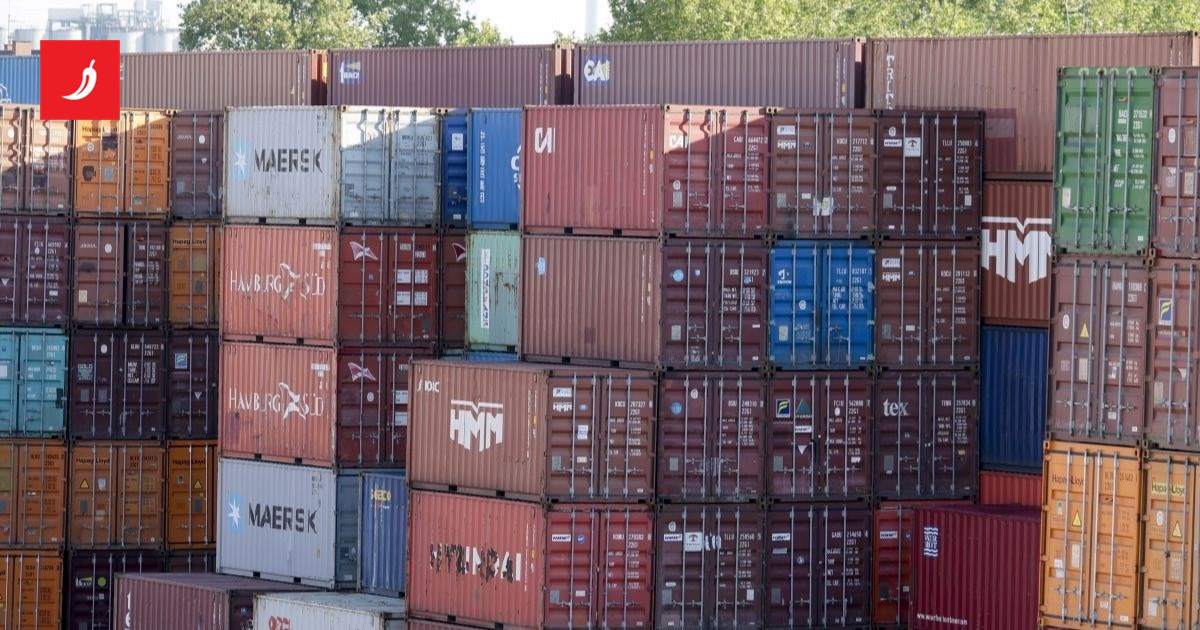In 2025, Germany imported goods from Russia worth 1.8 billion euros, a 94.6% decrease compared to the previous year, due to the impact of European sanctions against Russia. The main imported products from Russia were metals, chemical products, and food products, while the share of oil and gas significantly declined. German exports to Russia also fell by 71.6%, with pharmaceutical products, chemicals, and machinery as the main export items. Sanctions have significantly reduced trade exchange between the two countries, with Russia falling to 59th place as a supplier to Germany and 36th place as a destination for German exports. These changes reflect the broader impact of sanctions on economic cooperation between Germany and Russia.
Political Perspectives:
Left: Left-leaning outlets emphasize the negative economic impact of sanctions on trade relations, highlighting the reduction in imports and exports and the broader consequences for workers and industries dependent on this trade. They may also critique the sanctions for potentially harming ordinary people and question the effectiveness of sanctions as a political tool.
Center: Center-leaning sources report the facts about the trade decline due to sanctions, focusing on statistical data and official statements. They present a balanced view of the economic impact and the geopolitical reasons behind the sanctions, without strong editorializing.
Right: Right-leaning media may emphasize the necessity of sanctions as a response to Russia’s actions, highlighting the strategic importance of reducing dependency on Russian energy and goods. They might also stress the resilience of the German economy and the shift towards alternative suppliers and domestic production.













